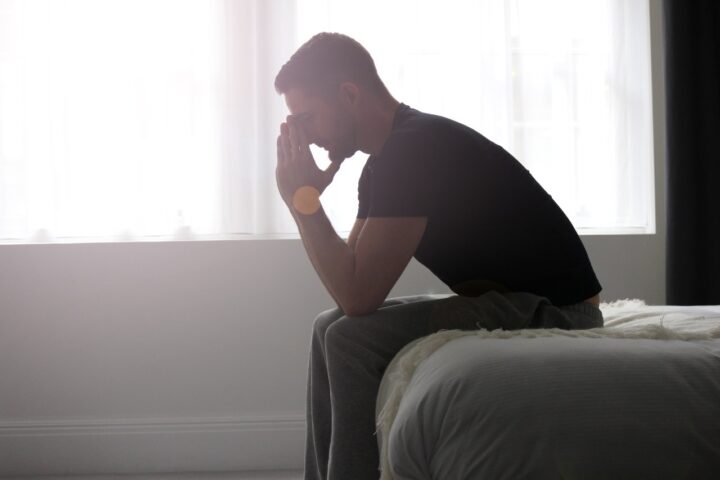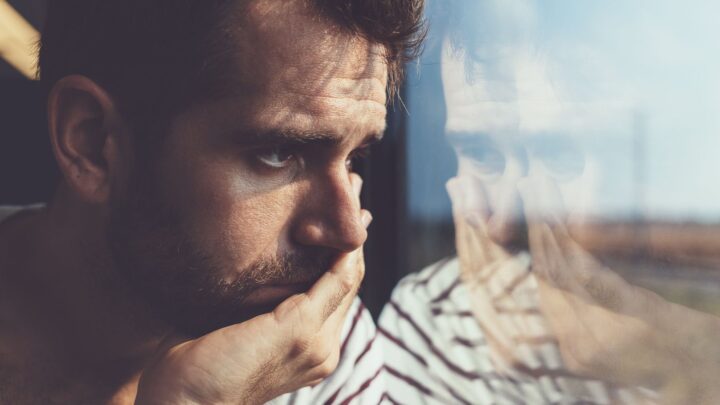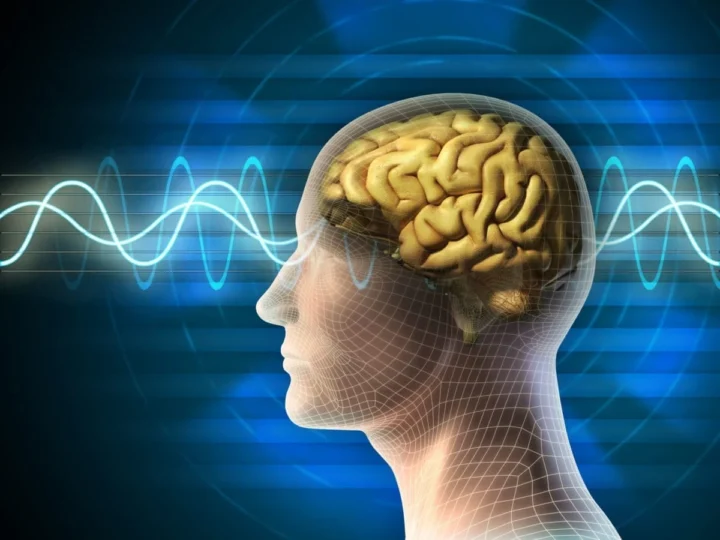Men want to believe that they are emotionally stable and capable of standing up for themselves. People often ignore or try to hide their hopelessness and despair when experiencing those emotions.
Depression, however, is not indicative of emotional fragility or a lack of masculinity; instead, it is a typical problem that affects many of us at some point in our lives. According to studies, in America alone, more than 6 million men suffer from depression.
Of course, it’s natural for everybody to have feelings of sadness occasionally. Low mood is a normal response to inevitable losses, setbacks, and disappointments.
However, depression affects men differently than women, altering how they think, feel, and act daily. It can disrupt your social life and your ability to rest well, eat well, and take pleasure in life. Extreme depression can be debilitating and persistent. Since many men have trouble opening up about their emotions, depression in males is often disregarded.
To avoid further mental hardship, this article will provide several warning signs that you or someone you love might be going through depression and some treatment options to consider. It’s important to note that every situation is unique, and these are just a few of the signs and treatments. In fact, there are new developments in the therapy sector, such as light therapy; if you’re interested in learning more about it, do your due diligence and click for source.
What Are The Signs And Symptoms Of Depression For Men

When someone has depression, they will each have their signs and symptoms. There are symptoms that many people experience; however, a different individual might not have them at all. How frequent and severe these symptoms also vary from man to man. This part of the article will segregate depression symptoms into three distinct categories.
Physical Signs And Symptoms
Physical symptoms of depression may be the first thing that men experience. Depression is typically associated with the mind but also has physical manifestations. Typically, male patients seek medical attention for physical rather than mental health concerns. Common physical effects of depression in males include:
- Sudden weight loss
- Headaches and migraines
- Erectile dysfunction
- Digestive issues
- Heart palpitations
These are some common physical symptoms; it would be best to learn more about them going forward to diagnose you or your friends in need quickly.
Emotional Signs And Symptoms

Most people picture a gloomy individual when they hear ‘depression.’ Yet depression can bring on many feelings, not only sadness. Men’s depressive emotions can include, but are not limited to, sadness and the following:
- Anger
- Agitated
- Gloomy
- No sexual drive and interests
- Avoiding human interaction
These five emotional symptoms and signs are the most common traits of people that are depressed and in need of help. These are not the only things to look out for; as stated earlier, people can have different depressive experiences. If you have the slightest feeling of experiencing these emotional symptoms, you should seek professional help.
Mental Signs And Symptoms
Detecting depression can be challenging because the mental symptoms of depression may manifest differently in men than in people of other genders. These signs and symptoms may disrupt a person’s ability to think clearly and process information, affecting their mood and actions.
The following are some of the typical mental symptoms of depression in males:
- Memory problems
- Insomnia or sleep problems
- Suicidal
- Reliance on drugs and alcohol
These are the common symptoms and signs one may exhibit if one is depressed. The symptoms can vary depending on the person and their situation.
One or more of these signs and symptoms are highly likely to be shown when depressed, which could help identify depression. Once a doctor confirms it, you or your loved one can start taking medication, therapy, or any work needed to return to your usual self.
4 Treatment Options To Consider

Although depression cannot be cured easily, it can be managed with various effective treatments. The first and most critical step is to seek assistance actively. That doesn’t mean you need to see a therapist or psychiatrist immediately. Simply changing your daily habits, practicing greater awareness, or engaging in regular physical activity may be all that’s needed to boost your health and happiness.
1. Medication
Depression can be treated with prescription antidepressants by altering chemical balances in the brain. It may take some experimentation to find the antidepressant that works best for you, as many are available. Side effects from some antidepressants tend to fade over time.
In any other case, you should consult your doctor first, and they can check if you’d have better results with a different drug.
2. Psychotherapy Or Talk Therapy
In cases of mild depression, psychotherapy may be all that’s needed; in more severe cases, though, it’s commonly combined with antidepressant medication. Research shows that CBT can help depressed people feel better. Cognitive behavioral therapy (CBT) is a modality of treatment that emphasizes addressing current difficulties.
The purpose of CBT is to assist people in learning to detect and correct their distorted or negative thinking to develop more adaptive coping mechanisms in response to life’s difficulties. People other than the patient themselves may be included in a psychotherapeutic process.
Couples counseling and family therapy are examples of how these close relationships might benefit from therapy. Patients with similar conditions are brought together in a group therapy setting, where they can share experiences and get insight from those going through similar struggles.
3. Electroconvulsive Therapy

ECT, or electroconvulsive therapy, is a medical procedure in which a moderate electric current is passed through the brain, resulting in a brief seizure. Proven beneficial effects on severe, treatment-resistant mental health conditions have been observed following this procedure.
More than 80 years of research confirm ECT’s efficacy and safety, and the practice has a long and storied history. Anesthesia is used in this process, so the patient does not experience discomfort.
The media’s portrayal of ECT in films, TV shows, and other forms of entertainment often gives the treatment a bad name. These depictions of ECT are sometimes misleading about its actual process, its efficacy, and whether painful or terrifying.
These depictions don’t accurately reflect reality and fail to demonstrate how medical professionals perform this procedure safely and humanely.
4. Vagus Nerve Stimulation
Neuromodulation refers to a class of therapies that modify nerve activity, and vagus nerve stimulation (VNS) is one example. Implanting a device that provides frequent, modest pulses of electrical energy along the vagus nerve in the neck is what’s known as vagus nerve stimulation.
Once the electrical charge reaches the brainstem, it is distributed throughout the brain, altering the activity of brain cells. VNS is endorsed for use in adults 18 and older with severe or major depression that has not shown any improvement even after undergoing four or more antidepressant treatments.
Treatments for depression are not limited to these four provided methods. As explained earlier, a lifestyle change can help you recover. Exercising daily or weekly, ensuring you eat regularly with a great balance of nutrients, and socializing with your loved ones can go far and beyond.
Takeaway
Anyone is susceptible to depression. Depression is a serious disorder that can negatively affect your life, and while men may show different symptoms, it is still possible to suffer from it. Consult a doctor or mental health professional if you or someone close to you is experiencing symptoms related to depression.




